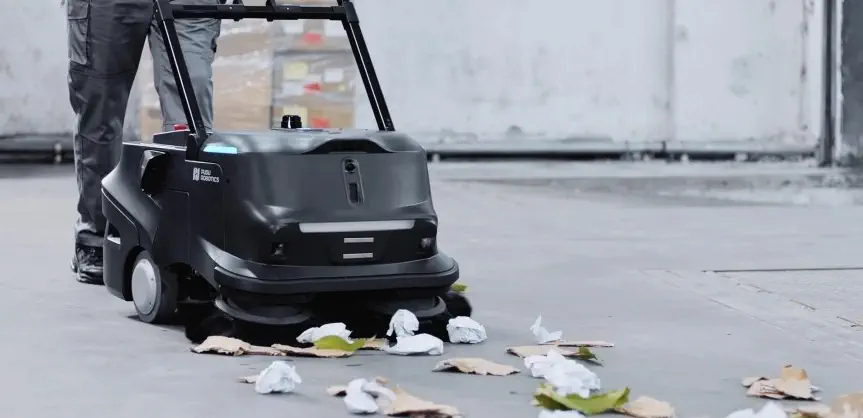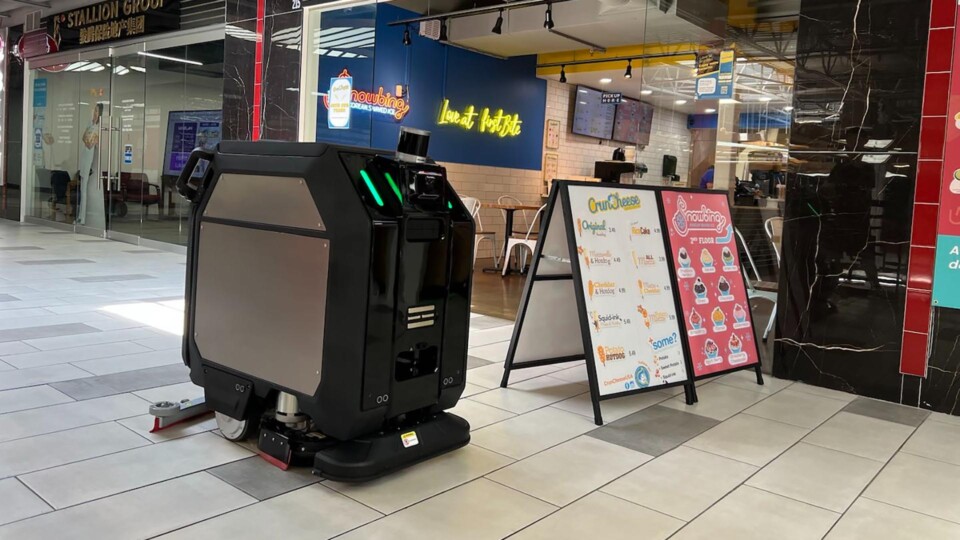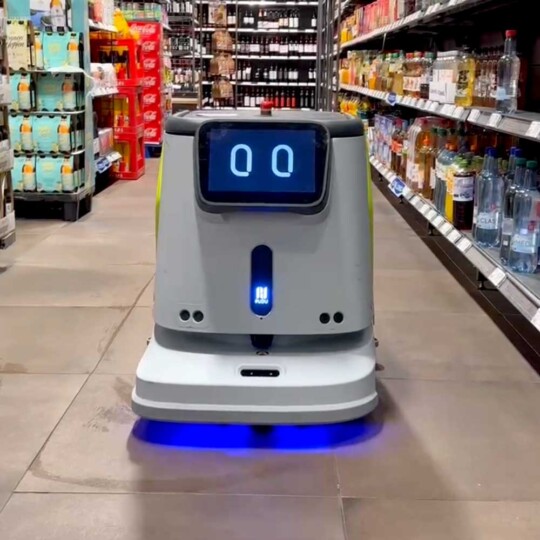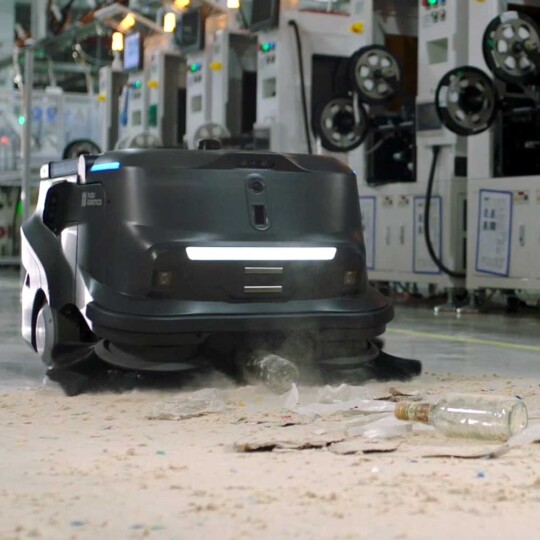When Labour Costs Rise, Robots Create New Value
What happens when wages climb, staff shortages worsen and customers still expect the same high standards? It is a dilemma many businesses across Yorkshire are grappling with right now. From hotels struggling to fill cleaning shifts to warehouses facing gaps on the night roster to hospitals under pressure to keep services running, the challenge is no longer simply “Can we find the staff?” but “How can we keep things running sustainably?”
Robotics is becoming part of the answer. Machines in the workplace are not new. Car factories have relied on robotic arms since the 1980s to guarantee quality and consistency. What has changed today is how automation is moving beyond heavy industry into areas we once thought of as uniquely human. Restaurants, hotels, logistics hubs and healthcare providers are discovering that robots do more than save costs. They reduce strain on staff and help maintain standards in a tough labour market.
It is a conversation that sparks strong opinions. Critics warn that robots could hollow out service jobs. Advocates argue the opposite: by taking on the repetitive, physically demanding or low-value work, robots allow people to focus on what humans do best – delivering judgement, empathy and creativity. A cleaning robot does not replace a receptionist’s warm smile, but it does guarantee that the hotel lobby is spotless every day without fail.
There are broader advantages too. Rising wages push up operating costs but automation helps stabilise them, giving businesses more predictable margins. Robots add resilience by covering essential tasks when staff call in sick or recruitment slows. Sustainability also plays a part. With smart navigation and water-saving systems, modern robots reduce waste while supporting greener operations.
The balance is not effortless. Initial investment is real and staff need training to work confidently alongside new technology. Not every task can or should be automated. But the direction of travel is clear. Just as manufacturing embraced robotics decades ago, service industries are now beginning to see the benefits of combining human skill with machine consistency.

Here in Yorkshire, a region with a proud tradition of industrial innovation, this evolution feels like the natural next step. Companies such as SPARK EPoS & Robotics, based in the North East, are introducing these technologies not to displace workers but to support them. The goal is not a future with fewer people, but a future where people have better tools.
The pressures of rising wages and shrinking workforces are real. With robotics, businesses can move forward not by replacing people but by enabling them to achieve more, supported by technology that makes work smarter, safer and more sustainable.




